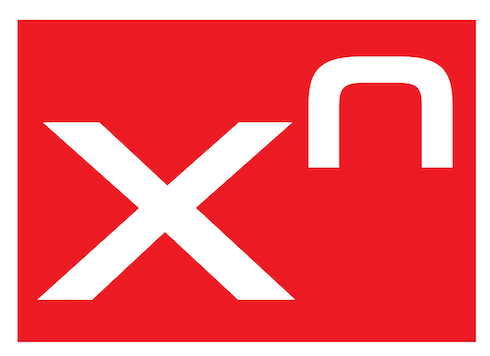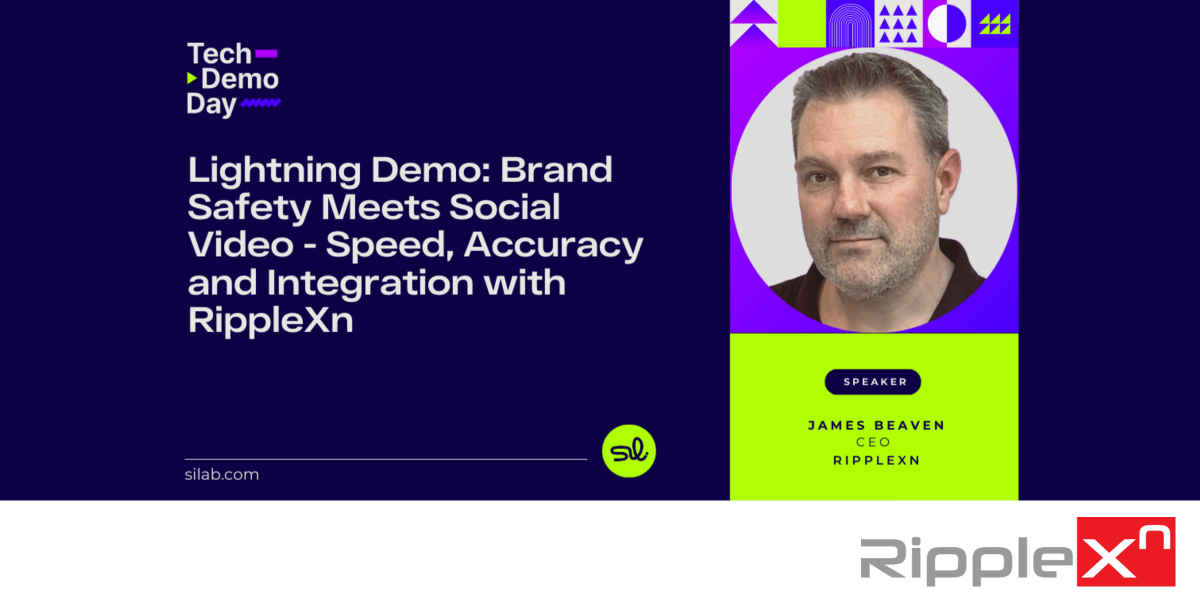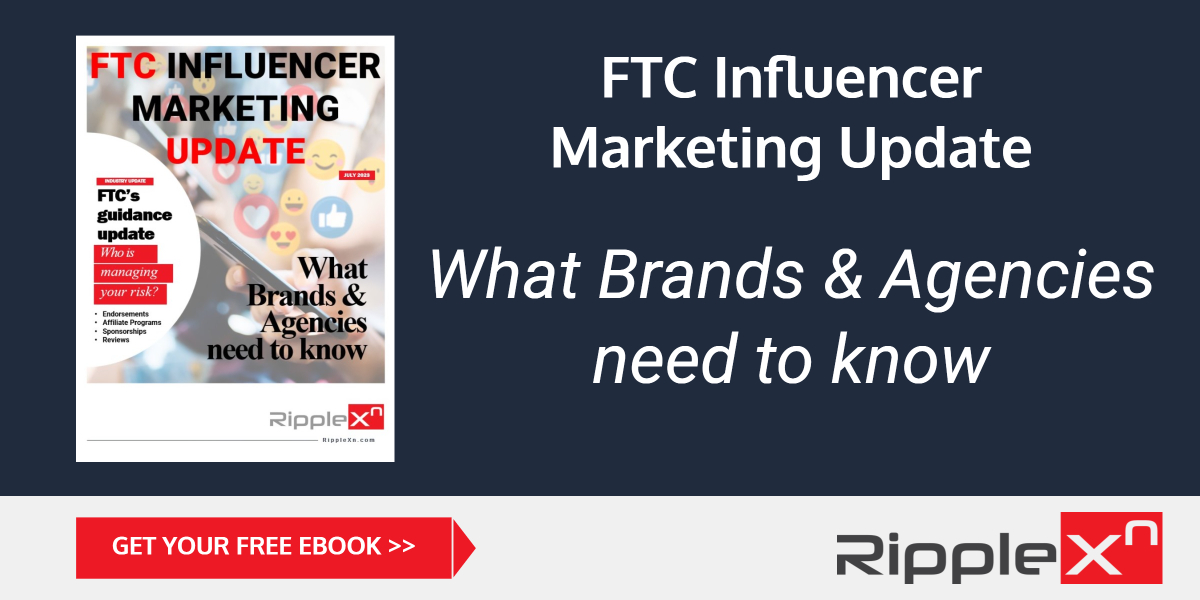Unpacking the ASA’s recent updated guidance for influencers, it occurred to the team at RippleXn that Affiliate Links (AKA Affiliate Marketing) could use some special attention.
Firstly and as a point of reference, here’s the link to the CAP Code rules. Even if you’re based or operating outside of the UK, it’s worth noting that brands and content creators are still bound by these rules if your audience, customer, affiliate marketer, channel or product sales occur in the UK. Similarly, if the content can be viewed in the USA, it is also bound by FTC rules, and why it’s so important to have a handle on regulatory compliance.
It’s also important to note that the UK CAP Code classifies platforms like YouTube, Twitch, TikTok as ‘Non-Broadcast Media’, and uses terms like ‘Video-Sharing Platforms’, VSPs, ‘Vlogs’ interchangeably, so it’s sometimes hard to seek out the relevant information - particularly if English isn’t your first language.
So, back to affiliate marketing. If you’re a brand or content creator entering into an affiliate agreement to promote products in exchange for payment you have additional responsibilities in the eyes of the law above the basic ad self-declaration.
By far the rules most likely to get you into trouble are filed under ‘Misleading Advertising’ and these make the content creator and brand accountable for what’s said (or not said) about the affiliate program’s product or service.
Are you now a Co-Marketer?
The easiest way to think about this is both parties are effectively responsible for resulting sales, and what’s said in the video is now a marketing communication.
Why’s that important? Well, in the words of CAP Code 3.1: “Marketing communications must not materially mislead or be likely to do so.”
The must nots!:
That’s the catch all. The Code then gets more specific (see full detail here), for example…
- must not mislead the consumer by omitting material information
- must not mislead by presenting it in an unclear, unintelligible, ambiguous or untimely manner.
- must not discredit or denigrate another product
- must not mislead by falsely claiming a price advantage.
- must not mislead consumers by omitting restrictions on the availability of products; for example, geographical restrictions or age limits.
- must not claim that products can facilitate winning in games of chance.
- must not mislead consumers by exaggerating the capability or performance of a product.
And a special callout to this one: “... Must not explicitly claim that the advertiser's job or livelihood is in jeopardy if the consumer does not buy the advertised product,” which I’ve seen countless times, in a joking way, of course.
It is genuinely hard, particularly for on-air livestreamers, to factor all this in. Plus it places an enormous burden on the brands operating affiliate programs to review what’s being said.
Affiliate links should be treated like other marketing declarations
What’s clear now is that ANY content carrying an affiliate link is classified as advertising and must be declared upfront, clearly, and in a timely manner. We would urge content creators and marketers to familiarise themselves with the CAP Code 2.1, 2.3 and section 3 within the context of affiliate programs and video social platforms themselves.
Don’t forget, you can also offload some of the more burdensome tasks to our software. Reach out if you would like more information on how we can help.






